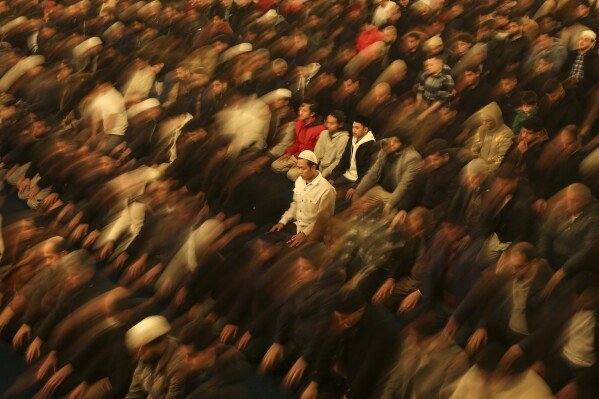As the holy month of Ramadan 2025 approaches, the UAE is preparing for a time of reflection, fasting, and community spirit. Ramadan is the ninth month of the Islamic lunar calendar and is observed by Muslims worldwide as a time of fasting from dawn to dusk, increased devotion, and charity. In the UAE, Ramadan is a deeply significant period, influencing daily routines, business hours, and social life.
For residents and visitors alike, understanding the key timings during Ramadan is essential to navigating this special time with respect and awareness. Here’s everything you need to know about Ramadan timings in the UAE.
1. Suhoor: The Pre-Dawn Meal
Suhoor is the early morning meal consumed before the Fajr (dawn) prayer, marking the start of the daily fast. The time for Suhoor typically ends a few minutes before the Fajr call to prayer. This meal is crucial as it sustains individuals throughout the fasting hours.

In the UAE, Suhoor times will vary slightly depending on the location, but on the first day of Ramadan 2025, Fajr is expected to be around 5:10 AM in Dubai and 5:15 AM in Abu Dhabi. As the month progresses, Fajr will gradually become earlier.
2. Imsak: The Last Moment Before Fasting Begins
Imsak refers to the time just before Fajr prayer, signaling the last few minutes before the fast officially begins. It is generally observed about 10 minutes before Fajr, reminding people to stop eating and drinking.

3. Iftar: Breaking the Fast at Sunset
The Maghrib (sunset) prayer marks the moment when Muslims can break their fast. Traditionally, the fast is broken with dates and water, followed by a full meal.
For Ramadan 2025, Iftar timings in Dubai are expected to start at around 6:30 PM at the beginning of the month, gradually shifting earlier as the month progresses. In Abu Dhabi, Iftar will be approximately 6:35 PM on the first day.
4. Taraweeh: Special Night Prayers
One of the most spiritual aspects of Ramadan is the Taraweeh prayers, performed after Isha (night) prayer in mosques across the UAE. These prayers are exclusive to Ramadan and can last up to an hour or more. Isha prayer time in Dubai is expected to be around 8:00 PM at the beginning of the month.
5. Business and Working Hours During Ramadan
The UAE government mandates reduced working hours during Ramadan:
- Public sector employees will work six hours per day instead of the usual eight.
- Private sector employees can expect reduced working hours as well, usually two hours less than their regular schedule.
- Malls, restaurants, and supermarkets often extend their hours late into the night to accommodate those observing Ramadan.
6. School Timings and Public Transport Adjustments
- Schools in the UAE will have shorter hours, typically running from 8:00 AM to 1:00 PM.
- Public transport, including Dubai Metro and buses, will adjust schedules to accommodate Ramadan prayer and meal times.
7. Eid Al-Fitr: The End of Ramadan
Ramadan concludes with Eid Al-Fitr, a major Islamic celebration marking the end of fasting. The first day of Shawwal (the month after Ramadan) is determined by moon sighting, and Eid prayers take place early in the morning.
For those in the UAE, Ramadan is a time of spiritual reflection, cultural immersion, and community togetherness. Whether fasting or not, understanding these key timings will help everyone navigate and respect this significant period.
Do follow Uae stories for more Updates
UAE’s Digital Boom: How Tech Is Changing Business, Jobs, and Life














